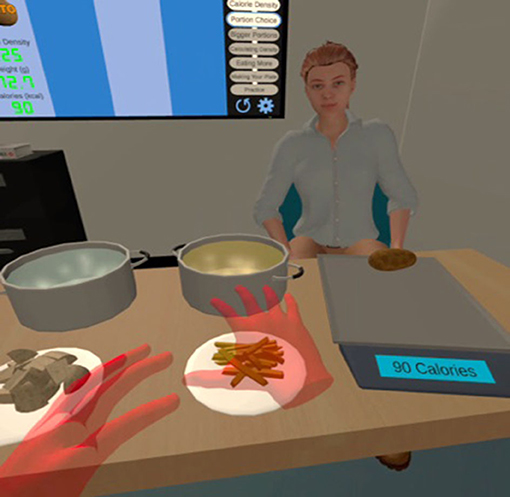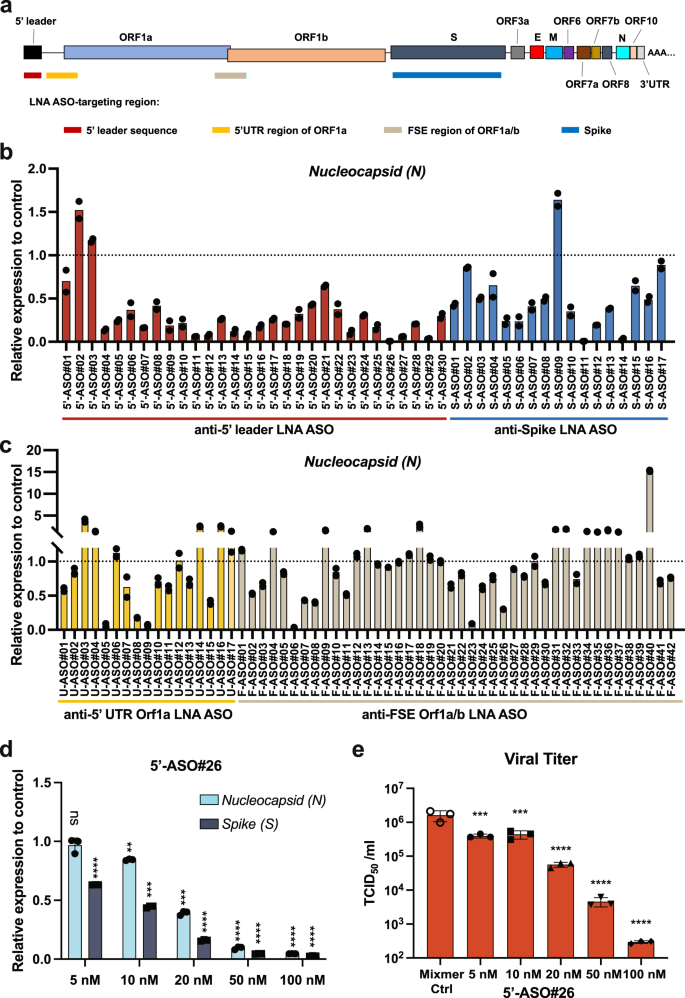2022-08-08 ペンシルベニア州立大学(PennState)
バーチャルリアリティ(ユーザーのために仮想の3D環境を作り出す技術)において、研究チームは、学生がポーションコントロールについて学ぶために食品を実際に(仮想的に)体験できるインタラクティブな空間と、講師が実際の授業で行う方法を再現した講義ベースのレッスンを作り出しました。
研究者たちは、インタラクティブな実験の方がより多くのことを学ぶだろうと予想していましたが、学生たちはどちらの条件でもほぼ同じことを学びました。
VRの具現化と臨場感(人が実際の空間に生息する身体の中にいるという感覚)を誘発する能力が、インタラクティブ性の有無にかかわらず、学習効果の向上を説明する可能性があるとのことです。
<関連情報>
- https://www.psu.edu/news/institute-computational-and-data-sciences/
- https://www.psu.edu/news/institute-computational-and-data-sciences/story/lessons-nutrition-easy-digest-virtual-reality/
食育のためのリモートiVR。設計から評価まで
Remote iVR for Nutrition Education: From Design to Evaluation
Pejman Sajjadi, Caitlyn G. Edwards, Jiayan Zhao, Alex Fatemi, John W. Long, Alexander Klippel and Travis D. Masterson
Frontiers in Computer Science Published:29 June 2022
DOI:https://doi.org/10.3389/fcomp.2022.927161

While different crowdsourcing platforms promote remote data collection, experiments in the immersive Virtual Reality (iVR) research community are predominantly performed in person. The COVID-19 pandemic, however, has forced researchers in different disciplines, including iVR, to seriously consider remote studies. In this paper, we present a remote study using the Immersive Virtual Alimentation and Nutrition (IVAN) application, designed to educate users about food-energy density and portion size control. We report on the results of a remote experiment with 45 users using the IVAN app. In IVAN, users actively construct knowledge about energy density by manipulating virtual food items, and explore the concept of portion size control through hypothesis testing and assembling virtual meals in iVR. To explore the feasibility of conducting remote iVR studies using an interactive health-related application for nutrition education, two conditions were devised (interactive vs. passive). The results demonstrate the feasibility of conducting remote iVR studies using health-related applications. Furthermore, the results also indicate that regardless of level of interactivity learners significantly improved their knowledge about portion size control after using the IVAN (p < 0.0001). Adding interactivity, however, suggests that the perceived learning experience of users could be partially affected. Learners reported significantly higher scores for immediacy of control in the interactive condition compared to those in the passive condition (p < 0.05). This study demonstrates the feasibility of conducting an unsupervised remote iVR experiment using a complex and interactive health-related iVR app.


